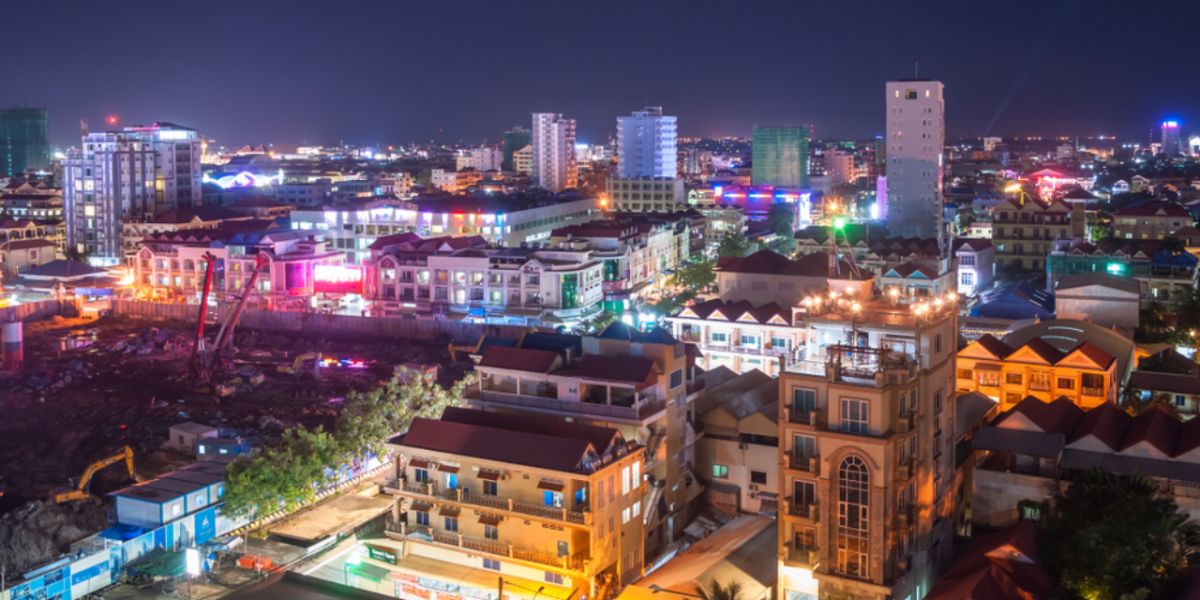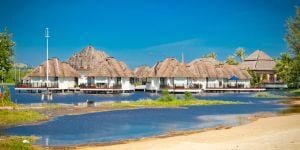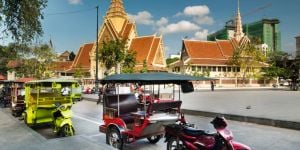
Finding accommodation in a new country or city can be a daunting task, but it doesn't have to be. In this article, we will go over what it's like to buy property in Phnom Penh as an expat, costs, paperwork, and property/ housing market value. Hopefully, with these issues addressed, we can get you started in the right direction.
Unlike most countries in the Western side of the world, buying property in many Southeast Asian countries is typically not done. Phnom Penh has many types of accommodation, but generally speaking, there are three main types; Khmer style shophouse, renovated shophouse, and modern Western-style apartments. There are few homes in Phnom Penh and depending on the area you work and want to live, you are more likely to rent an apartment not own a home.
Conditions and procedures for buying property in Phnom Penh
Under article 44 of the constitution of Cambodia, foreigners are not allowed to own or buy a property. After the country abolished the Khmer Rouge, the government gained control of all of the property. Most local Khmer-owned homes/apartments/land is still owned by the government- almost like sharing the property, but you have ownership of some of it, and some of its value. There are some ways to get around the laws, but they are very complicated. Because of this, most expats choose to rent their accommodation.
One of the most common ways to get around this is to buy a long term lease. You can lease a property with either a soft title or a hard title. With either title, an expat is only legally able to own property of an apartment or building complex from the first floor and up or about 70% of the property. These titles can be purchased at the local sangkat or district government building.
While leasing is the most common way to own property, there are some other more difficult options. Land can sometimes be bought through a local company, but that company will still retain legal ownership of the land. You can obtain Cambodian citizenship, but that is a long term process. The last way you can buy land is through a Cambodian citizen nominee. This is highly discouraged, as it has been ruled unconstitutional. Nevertheless, some people are still able to go through this route.
Currently, Phnom Penh has one of the fastest-growing economies in Southeast Asia. Because of this, rental prices will continue to increase. When renting a home or purchasing a title to property, be mindful of it's current and projected value. If you intend on renting a home, an extended lease for a longer period will help you to lock in a great price on your rent. Once it's time to renew, the price of the rent will likely increase due to demand. This is also true for land/property titles, and it is best to purchase a hard title to ensure the same.
Finding accommodation in Phnom Penh is still a fairly easy task due to the influx of construction and the need for expats. Once you are in Phnom Penh, it will likely only take a week or two to find the one.
Useful link:
What to Expect When Renting and Things to Look for as an Expat in Phnom Penh
We do our best to provide accurate and up to date information. However, if you have noticed any inaccuracies in this article, please let us know in the comments section below.








